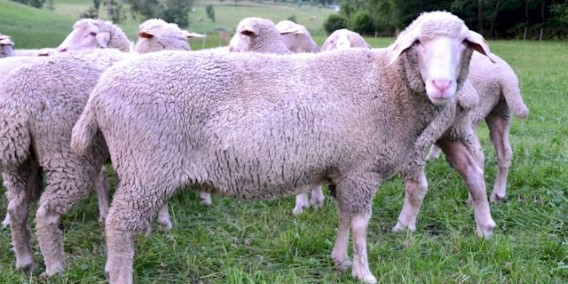Merino Landschaf, also referred to as Wurttemberger sheep, represents a prominent German variety within the Merino lineage. Comprising approximately 30% of the overall sheep population in Germany, they hold the distinction of being the predominant commercial breed in the country. Their lineage traces back to the Merino sheep introduced to Saxony in 1765, marking the inception of a breed known for its significant economic contributions to the German agricultural landscape.
Renowned for their versatility and adaptability, Merino Landschaf sheep excel in various agricultural settings, demonstrating resilience and robustness in diverse climatic conditions. They have been meticulously bred and selected over generations to optimize traits essential for commercial production, including prolificacy, meat quality, and wool yield.
The historical legacy of Merino Landschaf sheep reflects the enduring commitment of German farmers to breed improvement and agricultural advancement. Their prevalence and economic significance underscore their integral role in sustaining the agricultural heritage of Germany and contributing to the nation's thriving livestock industry.
